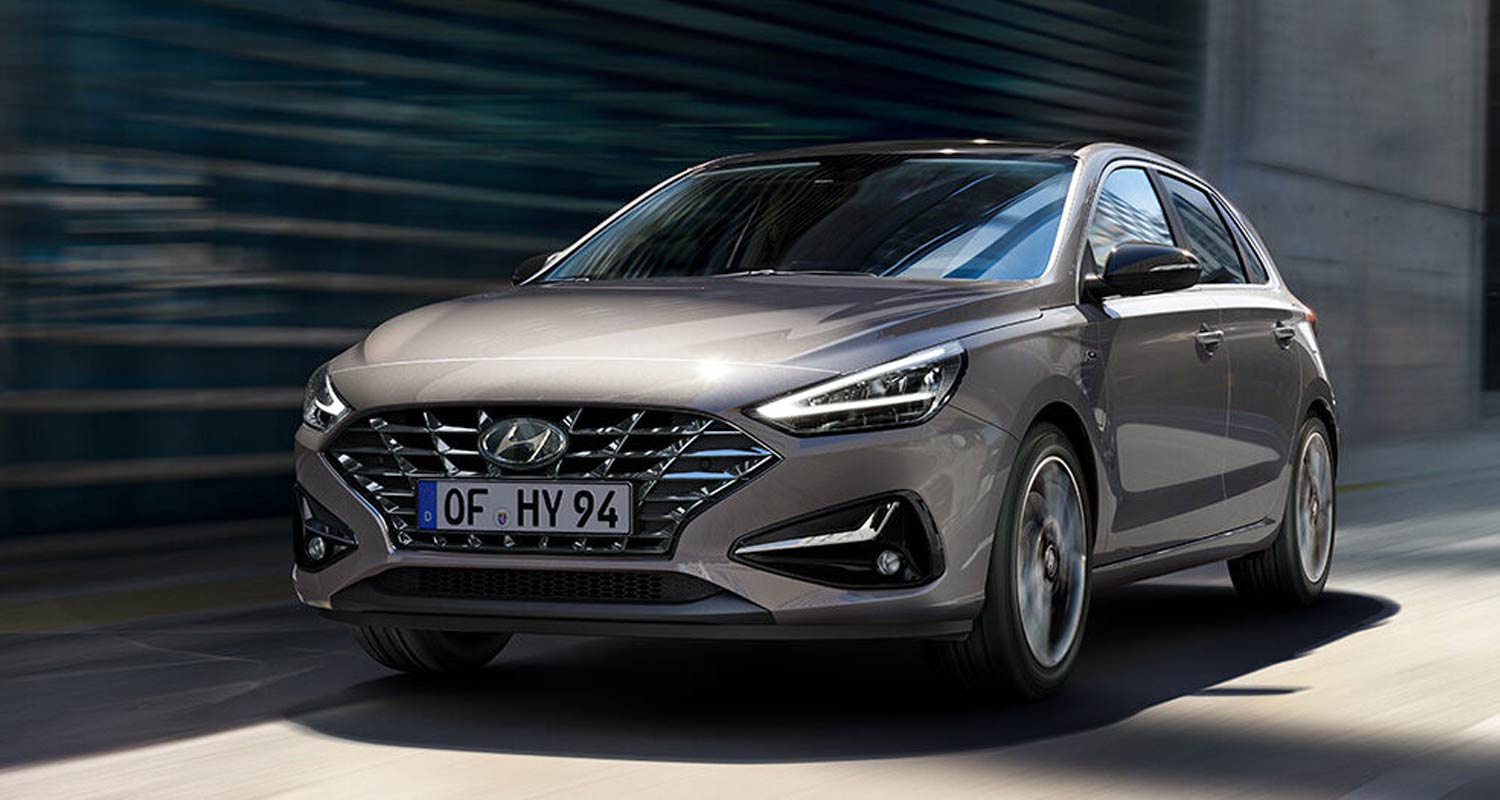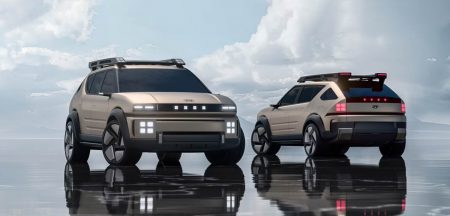
Hyundai Motor Co plans to double its line-up of hybrid cars as demand for pure electric vehicles slows, and announced a ₩4-trillion won (R53-billion) share buyback as part of a plan to boost investor returns.
Unveiling a new strategy at its 2024 investor day on Wednesday, the world’s third-biggest car maker said it will increase the number of hybrids in its line-up to 14 — moving beyond compact and midsized cars to add large and luxury vehicles. However, it kept its EV sales target unchanged at two million a year by 2030.
Hyundai shares jumped as much as 5.3% in afternoon trading in Seoul after the company announced the buyback and committed to pay a minimum annual dividend of ₩10 000/share — the key planks in a strategy to target a total shareholder return of 35% from 2025 to 2027.
The move to accelerate the production of hybrids comes amid a broad slowdown in EV demand. Ford, Porsche and Mercedes-Benz have all walked back their EV ambitions in recent months, while Tesla is well off the pace of 1.8 million cars sold last year.
Hyundai said it “aims to address the EV deceleration by expanding its hybrid and new EREV offerings and gradually increasing EV models by 2030 when a recovery in EV demand is expected”.
To help combat range anxiety, Hyundai will also release an extended-range EV — which uses a small petrol engine to keep an on-board battery charged while driving — in North America and China. The car will be capable of travelling more than 900km on a single charge.
Future mobility
Hyundai has been enjoying robust sales of hybrids, which accounted for around 12% of total vehicle sales in the second quarter, propelling profit to a record. The company plans to spend more on the manufacturing plant it’s building in Georgia to produce hybrids at the facility, chief financial officer Seung Jo Lee said last month.
Among other initiatives announced at the investor day, Hyundai said it will spend ₩121-trillion over the next decade to boost production and make progress in areas such as hydrogen cars, EV batteries and software for future mobility. — Heesu Lee and Youkyung Lee, (c) 2024 Bloomberg LP




